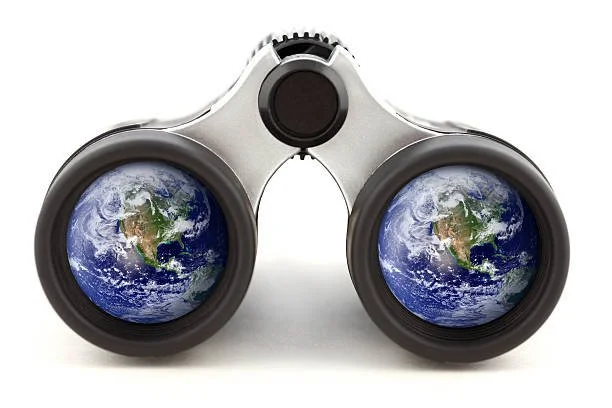Ep. 141: Developing Intercultural Intelligence Part I
Joining us today is Shelley Reinhart, an intercultural intelligence practitioner with Knowledge Workx, a company that certifies practitioners in intercultural intelligence.
In this episode we discuss why it’s important to change how we think about culture–that we can have active roles in shaping culture. Megan and Hope learn foundational elements about the three major worldviews present in society: innocence vs. guilt, honor vs. shame, and power vs. fear. We explore implications for how these worldviews can influence relationships and community building our classrooms and workplaces. Reach out to Shelley on Twitter or LinkedIn
Do Your Fudging Homework:
Shelley: 1) Check out the Three Colors of Worldview; 2) Consider your primary preference & it’s impact in your life
Megan: Ditto on the worldviews. Reflect on where you feel celebrated in your identity
Ep. 47: Parenting While White
EQ: What should white parents do to equip their children to understand the functions of race in order to combat racism?
Guest: Malia Jacobsen, author of the column “Beyond Tolerance” for ParentMap. Malia Jacobson is an award-winning health and parenting journalist and mom of three who contributes regularly to more than 120 national and regional publications and has written two books on sleep.
In this episode, we sit down with Malia Jacobson to talk about the importance of intentionally talking about race with white children. Highlights include:
Malia’s journalistic work at Parentmap, a resource for parents and families in the Puget Sound region.
How white parents respond and shape the conversation around gendered toys (specifically her work writing about toy guns).
How the new generation of parents has to come into talking about race in their own way (and not opting out).
How children are born into this racial environment and parents have to coach them to be ready (Nurture Shock--the environment IS the lesson).
Do Your Fudging Homework:
Annie: Anti-Racism Resources for Parents and Teachers from the Barefoot Mommy Blog.
Malia: Better w/ Books Melissa Hart
Ep. 7: Foster Care 101: A Primer for Teachers and Other Humans
Our EQ this week: How does being an interchangeable white lady impact your work in foster care?
Special Guests: Skylar Cole from Treehouse & Brianna Richardson a foster-to-adopt parent
Our guests help us understand many of the dynamics of the foster care system, including the fact that it is inherently reactive. We discuss how people of color have contact with CPS, DSHS, and foster care more often than white people. This disproportionality affects the youth we teach in a big way.
The assumptions made by those in the system are normed to white middle class values (middle class families are also much less likely to be investigated by CPS). Black families are two times and Native American families are three times as likely to be investigated as white families. Children of color are also less likely to be reunited with their families. We discuss a variety of related topics like dependency hearings, restrictions on foster parents, compensation and conditions for foster families, the serious lack of foster homes, and the subjectivity unintentionally built in to what is meant to be an objective system (which also mirrors systemic racism).
Do Your Fudging Homework:
- Skylar: Everyone needs to watch this video "What Mandated Reporters Need to Know about Racial Disproportionality in the Child Welfare System"
- Brianna: Read "Twenty Things Adopted Kids Wish Their Adoptive Parents Parents Knew" and check out the website Fostering Together for resources.
Annie/Hope: Go read up on Washington’s recent consolidation of Child Protective Services into the new Department of Children, Youth, and Families. Reflect on the fact that this department now also houses the juvenile justice system and what that means for youth. Go to the community liaison or Treehouse representative at your neighborhood school and see what kind of support foster youth need right now. Take action to help those kids! If you have the capacity, consider how you might contribute mentorship or a safe, loving home for foster youth.
Find on Facebook www.facebook.com/IWLpodcast
Follow us on on Twitter @IWL_Podcast



